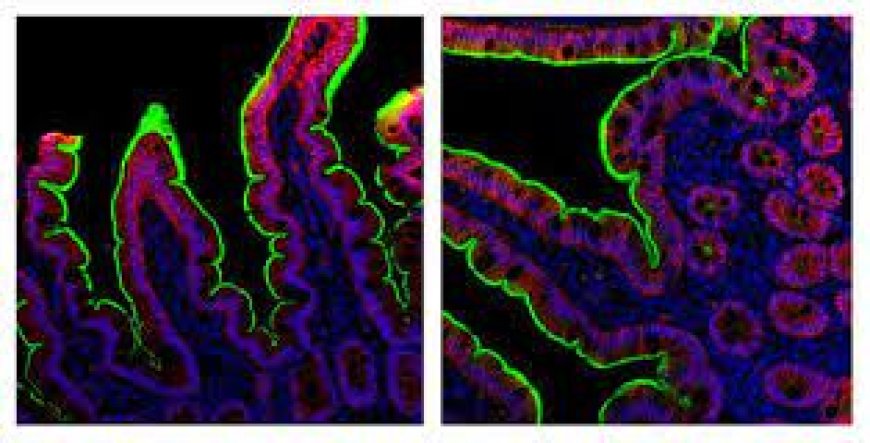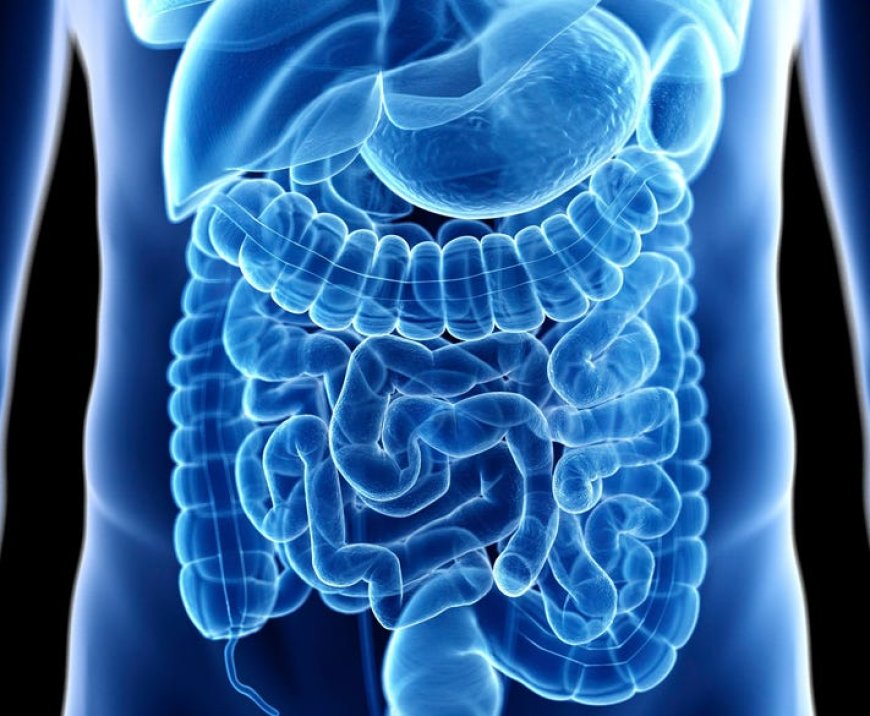A Fascinating Behind-the-Scenes Look at Long Covid-19
Gastrointestinal Symptoms in Long COVID Patients Recent studies have shown that Long COVID patients are more likely to experience gastrointestinal symptoms than those who have fully recovered from COVID-19.
.Long COVID Patients More Likely to Have Gastrointestinal Problems: A Comprehensive Study
Introduction Long COVID, also known as post-acute sequelae of SARS-CoV-2 infection (PASC), is a condition where individuals experience lingering symptoms after recovering from COVID-19. While respiratory symptoms have been the focus of many studies, recent research has shown that Long COVID patients are more likely to have gastrointestinal problems.
What is Long COVID? Long COVID is a condition that affects individuals who have recovered from COVID-19 but continue to experience symptoms for weeks or even months. Symptoms can vary widely and include fatigue, shortness of breath, muscle weakness, joint pain, brain fog, and more. The exact cause of Long COVID is still being studied, but it is believed to be related to an overactive immune response to the virus.
Gastrointestinal Symptoms in Long COVID Patients Recent studies have shown that Long COVID patients are more likely to experience gastrointestinal symptoms than those who have fully recovered from COVID-19. These symptoms can include:
- Diarrhea
- Nausea
- Vomiting
- Abdominal pain
- Loss of appetite
One study found that up to 50% of Long COVID patients experience gastrointestinal symptoms. These symptoms can last for weeks or even months and can significantly impact an individual's quality of life.
The Link Between Long COVID and Gastrointestinal Problems The exact link between Long COVID and gastrointestinal problems is still being studied. However, it is believed that the virus can cause inflammation in the gastrointestinal tract, leading to symptoms such as diarrhea and abdominal pain. Additionally, Long COVID patients may have altered gut microbiota, which can also contribute to gastrointestinal symptoms.
Treatment for Gastrointestinal Symptoms in Long COVID Patients Treatment for gastrointestinal symptoms in Long COVID patients will depend on the severity of the symptoms. For mild symptoms, over-the-counter medications such as antacids and anti-diarrheals may be helpful. For more severe symptoms, prescription medications may be necessary. It is essential to work closely with a healthcare provider to determine the best course of treatment.
Conclusion Long COVID is a condition that can cause lingering symptoms, including gastrointestinal problems. While the exact link between Long COVID and gastrointestinal symptoms is still being studied, recent research has shown that Long COVID patients are more likely to experience these symptoms. If you are experiencing gastrointestinal symptoms after recovering from COVID-19, it is essential to speak with a healthcare provider to determine the best course of treatment.
Mild symptoms may include occasional diarrhea, mild abdominal pain, and nausea. In these cases, patients may find relief by making dietary changes such as avoiding fatty, greasy, or spicy foods. Increasing water intake and eating small, frequent meals may also help.
For more severe symptoms, healthcare providers may recommend prescription medications such as proton pump inhibitors, antacids, and anti-diarrheals. These medications can help reduce inflammation in the gastrointestinal tract and alleviate symptoms such as diarrhea and abdominal pain.
It is important to note that Long COVID patients may also experience other symptoms that are not related to the gastrointestinal tract. These symptoms can include fatigue, shortness of breath, and brain fog, among others. In some cases, these symptoms can be more debilitating than the gastrointestinal symptoms.
As such, it is essential for Long COVID patients to work closely with their healthcare providers to manage their symptoms and develop a treatment plan that addresses their unique needs. Treatment may include a combination of medication, dietary changes, and lifestyle modifications.
In conclution,
Long COVID patients are more likely to experience gastrointestinal symptoms than those who have fully recovered from COVID-19. While the exact link between Long COVID and gastrointestinal symptoms are still being studied, recent research has shown that this is a prevalent issue that needs to be addressed. By working closely with healthcare providers, Long COVID patients can find relief from their symptoms and improve their overall quality of life. It is essential to note that Long COVID patients may also experience other symptoms, and it is vital to address these symptoms as well
What's Your Reaction?










































